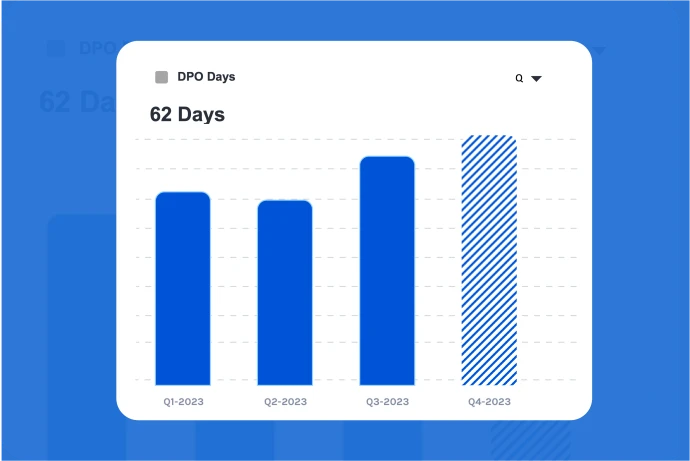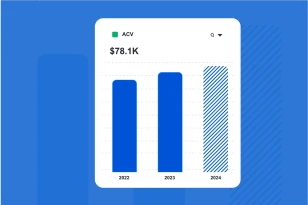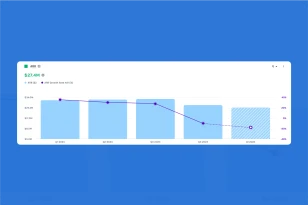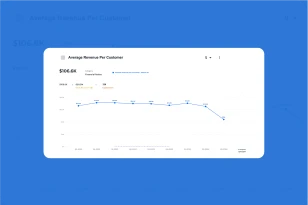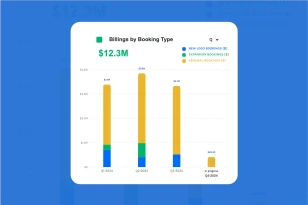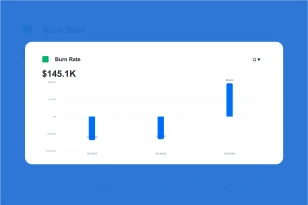What is DPO?
Days Payable Outstanding (DPO) is a financial metric that measures the average number of days it takes for a company to pay its suppliers or vendors after receiving goods or services. DPO is an important indicator of a company’s efficiency in managing its accounts payable and cash flow. It is calculated by dividing the average accounts payable by the cost of goods sold (COGS) per day and multiplying by the number of days in the period.
Why is DPO an Important Metric to Monitor?
Measuring Days Payable Outstanding is crucial for understanding how effectively a company manages its working capital and cash flow. A longer DPO suggests that a company is taking more time to pay its suppliers, which can positively impact cash flow but may strain supplier relationships. On the other hand, a shorter DPO may indicate prompt payments but could potentially strain the company’s own cash position. Balancing DPO is essential for maintaining healthy relationships with suppliers while optimizing cash management.
How do you Calculate DPO?
The formula to calculate DPO is:
DPO Formula
(Accounts Payable / COGS ) * Number of Days in the Period.
Here’s a breakdown of the components:
- Accounts Payable : Accounts Payable is a liability on a company’s balance sheet representing the amount it owes to suppliers for goods or services received but not yet paid for.
- Total COGS : COGS stands for Cost of Goods Sold, representing the direct costs associated with producing or purchasing the goods a company sells during a specific period. It includes costs like materials, labor, and overhead directly tied to production.
- Number of Days in the Period: This is the time frame for which you want to calculate DPO. It is typically a month, quarter, or year, depending on the reporting needs of the company.
How to Improve DPO
Improving Days Payable Outstanding involves strategies that optimize the payment cycle while maintaining positive relationships with suppliers.
- One approach is negotiating extended payment terms with suppliers, allowing the company to hold onto cash for a longer period without incurring additional costs or strain on relationships.
- Implementing efficient invoice processing systems and automating accounts payable procedures can expedite payment workflows, reducing the time it takes to process and approve payments. This not only improves DPO but also enhances overall operational efficiency.
- Regularly reviewing supplier contracts and relationships can help identify opportunities for mutually beneficial terms, ensuring that the company can manage its cash flow effectively without negatively impacting key partnerships. It’s important to strike a balance between optimizing DPO and maintaining positive supplier relationships to create a sustainable and mutually beneficial financial ecosystem.
